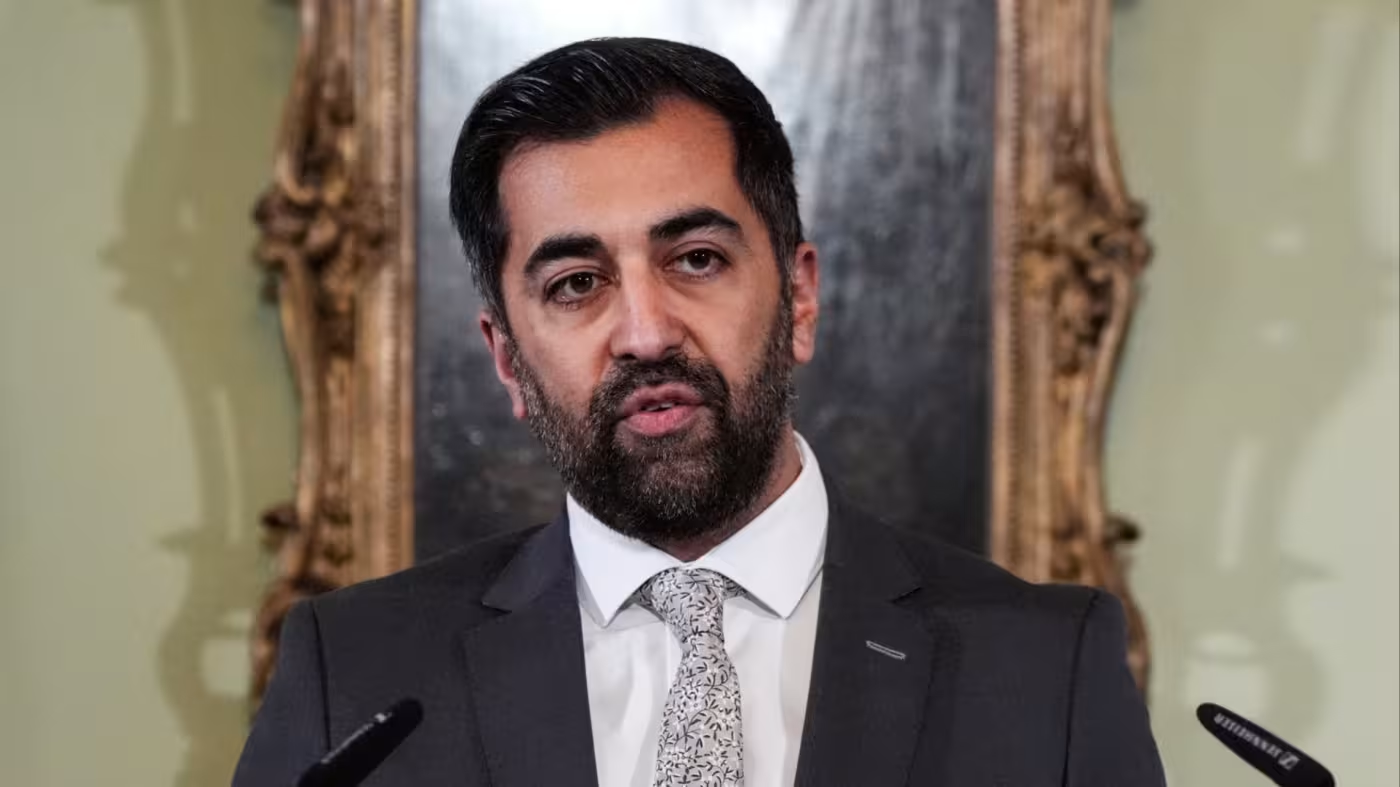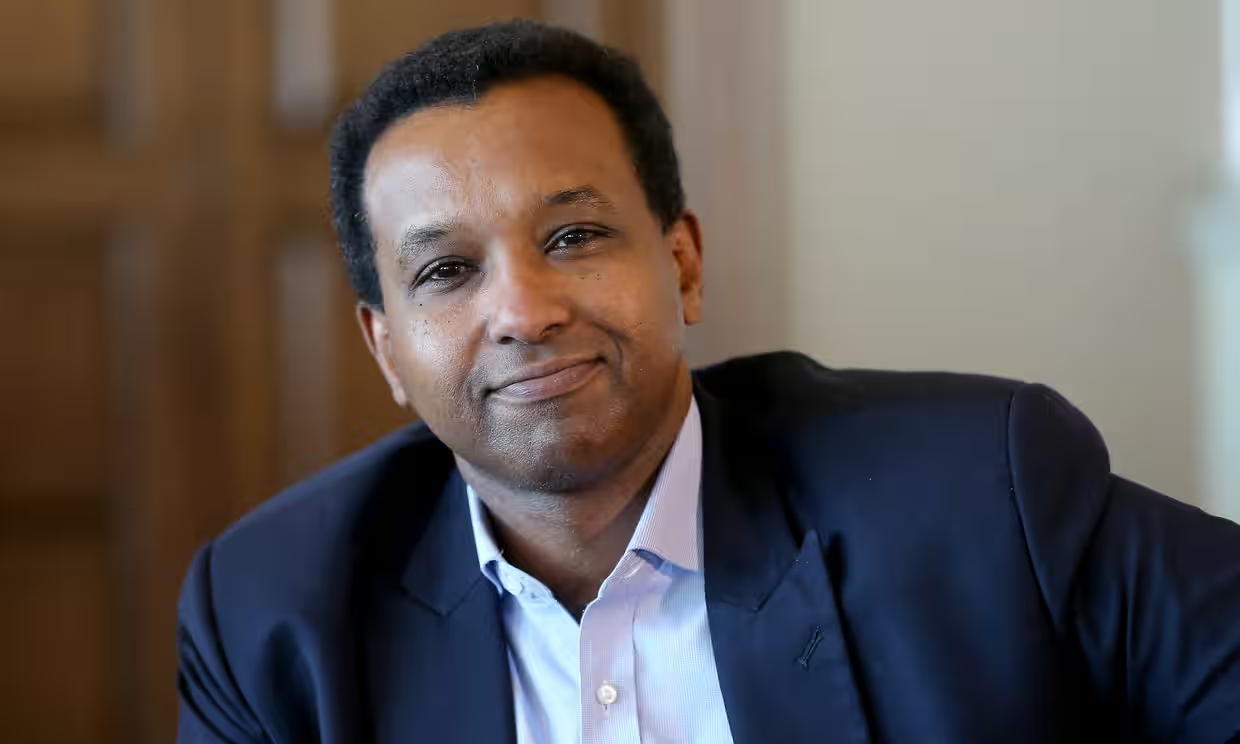
By Charlene Anne Rodrigues, BBC News
At least two people have died and more than 30 are believed to be missing after two ships carrying migrants sank off the Italian island of Lampedusa.
The two boats reportedly left from the Tunisian port city of Sfax carrying 48 and 42 people, respectively.
Italian coastguards said they had recovered the bodies of an Ivory Coast woman and her one-year-old baby.
Separately, Tunisian officials said they found the bodies of 10 migrants on a beach near Sfax.
The 10 people were found between Friday and Saturday during a windstorm that may have sunken their boat, the official told AFP news agency.
Tunisian authorities say the port city is a popular gateway for migrants seeking a better life.
Officials in Sfax – which is only about 80 miles (130km) from Italy’s Lampedusa island – said they were working to identify the nationalities of the migrants, but they mostly came from sub-Saharan African countries.
Italian authorities said they were investigating the incidents.
Italy’s coastguard said it had rescued 57 migrants when the vessels sank on Saturday, about 23 nautical miles (46 km) south-west of Lampedusa.
Earlier, the UN’s migration agency, the International Organization for Migration, said more than 30 people had been reported missing.
The tragedies follows June’s Greek boat disaster which left at least 78 dead and hundreds missing.
On Sunday, firefighters and mountain rescue teams were preparing to rescue 20 migrants trapped on a rocky part of Lampedusa’s coastline.
The migrants have been there since late Friday after strong winds pushed the boats against the rocks.
After more than two days of sailing in bad weather, NGO Open Arms said it had started disembarking 195 rescued migrants in the southern Italian port of Brindisi.
Police chief Emanuele Ricifari, who is in charge of the investigation, told local media the traffickers would have known that rough seas were forecast.
“Whoever allowed them, or forced them, to leave with this sea is an unscrupulous criminal lunatic,” Mr Ricifari said.
In recent days, Italian patrol boats and charity groups have rescued another 2,000 people who have arrived on the island.
The Red Cross has provided some of the migrants with food, water, clothes and emergency thermal blankets.
But the coastguard has said bad weather and the poor quality of the boats continue to hinder the rescue operations.
In some instances, the engines are stolen from the boats at sea, so that traffickers can reuse them.
Mr Ricifari, urging the traffickers to stop, said: “Rough seas are forecast for the next few days. Let’s hope they stop. It’s sending them to slaughter with this sea.”
NGOs say Italy’s far-right government has made their task more difficult by passing laws that have the effect of forcing rescue ships to use faraway ports.
Charities have warned that this increases their navigation costs and reduces the amount of time ships can patrol the areas of the Mediterranean where such disasters are common.
The Italian interior ministry said migration figures by sea had doubled this year to 92,000, compared with 42,600 recorded in the same period in 2022.
Since March this year, crossing attempts from Sfax to Lampedusa have increased after Tunisian President Kais Saied accused sub-Saharan migrants of trying to change the nature of Tunisian society.
More than 1,800 people have lost their lives in the Central Mediterranean crossing from North Africa to Europe – thought to be the world’s deadliest.
The International Organization for Migration (IOM) said the actual figures were likely to be much higher. “Lots of bodies are being found at sea, suggesting there are many shipwrecks we never hear about,” said IOM spokesman Flavio Di Giacomo.





























